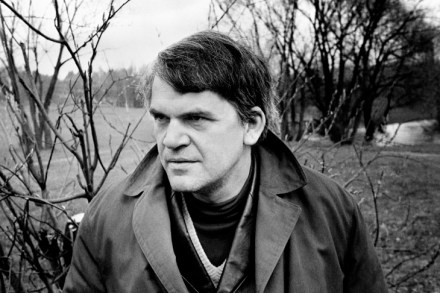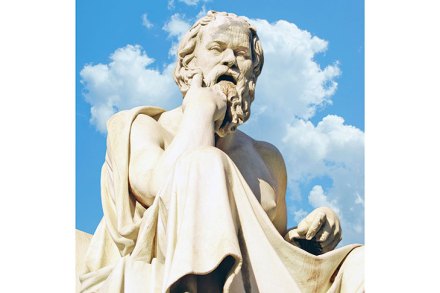The unbearable consequences of a joke
I was surprised to learn that the novelist Milan Kundera celebrated his 90th birthday on Monday. I had no idea he was still alive. He has taken up residence in that old people’s home that many former luminaries of western culture now occupy — the one with the sign above the door saying ‘Forgotten, but not gone’. In Kundera’s case, his decline into obscurity is probably connected to the fall of the Berlin Wall. The Czech émigré was all the rage in the mid-1980s when he was a critic of his country’s brutal regime. Now that the Soviet Union and its satellite states are a distant memory, he seems less





















